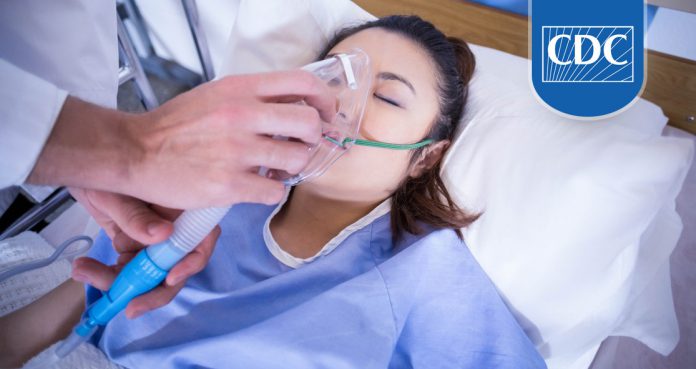The U.S. Centers for Disease Control and Prevention (CDC) has now recommended physicians and health care providers to closely follow-up patients who are discharged from the hospitals after undergoing treatment from an e-cigarette or vaping product use-associated lung injury (EVALI).
The government health agency said patients with EVALI should receive follow-up care within 48 hours of discharge.
The updated CDC recommendations were released in the Morbidity and Mortality Weekly Report (MMWR), which were based on findings that nearly 3 percent of discharged EVALI patients were re-hospitalized and 14 percent of EVALI deaths occurred after getting the discharge from the hospital.
Officials noted that patients with existing heart disease, chronic obstructive pulmonary disease, or diabetes, and older people were at greater risk of re-hospitalization or death caused by EVALI.
The CDC recommended physicians to look for any kind of “clinically significant fluctuations in a patient’s vital signs for at least 24 to 48 hours prior to discharge.”
The agency said patients with EVALI should be closely followed-up with outpatient primary care and pulmonary or lung specialist, preferably within 48 hours of discharge. They should also undergo lung function assessment through specialized pulmonary follow-up, which should take place within 2 to 4 weeks of discharge.
EVALI patients are susceptible to anxiety, depression, and other mental health issues so physicians should also ensure that they have access to mental health, behavioral health and “substance use disorder” services, according to the CDC.
Last week, a study published in the New England Journal of Medicine found that vitamin E acetate in vaping products is the key culprit to an increasing number of EVALI cases. Researchers found that vitamin E acetate, an oily substance, was found in lung tissues of 48 EVALI patients.
Principal Deputy Director of the CDC Dr. Anne Schuchat said, “We are confident that vitamin E acetate is strongly linked to the EVALI outbreak.” The CDC has also recommended people to stay away from using e-cigarettes or vaping products containing vitamin E acetate as well as THC, a psychoactive substance that gets you high.























